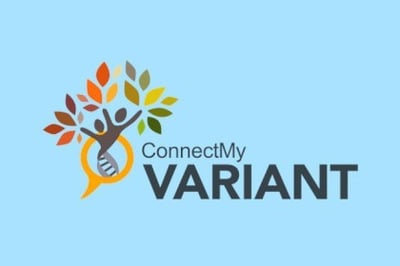Connect My Variant

Surveys, Registries, Interviews
Study for people with an inherited mutation to help them talk with relatives about their family history and genetic test results, connect them to others with the same variant and to their family trees
Study Contact Information:
For questions about the study, contact the UW research team by phone (206-598-6807) or by email.
About the Study
Researchers at the University of Washington (UW) are recruiting participants with known . We aim to help participants talk to relatives (both immediate and distant) about their family history and genetic test results, to connect them with others who have the same variant, and to their family trees together. The study provides tools and resources to help at-risk relatives get genetic testing through their own local doctors.
Find out more at http://connectmyvariant.org/.
This Study is Open To:
Men and women can participate if they
- are age 18 or older
- have a known pathogenic (disease-causing) or likely pathogenic variant in a gene which increases the risk for disease where there are clear prevention guidelines
- are able to understand and read the English-language
- they have their own computer for personal use
This Study is NOT Open To:
People may not be join the study if they
- have an inconclusive genetic test result or , or
- are unwilling to share their genetic test report or family history with the UW research team
- have a variant in a gene for which there are no clear prevention guidelines
What the Study Involves
You do not have to travel to participate. Study activities self-driven.
After eligible participants contact and consent to be part of the study, they will be asked to choose some or all study activities, which they can do at their own pace. These include:
- Connecting with others known to have your same variant through variant-specific online forums.
- Using ancestry testing to find distant relatives who may be at-risk for your variant and contact these individuals with guidance from the UW team.
- Getting help from professional genealogists (paid for by the study) who to link your family with those of others that have your variant.
- Participating in interviews with study staff to help us understand your experience and improve resources for others.
- Contacting close and distant relatives at-risk of having your variant to encourage them to get genetic testing and prevent disease.
Study Lead Investigator
Brian H. Shirts, MD, PhD
Associate Professor
University of Washington
Study Contact Information:
For questions about the study, contact the UW research team by phone (206-598-6807) or by email.
Surveys, Registries, Interviews
Study for people with an inherited mutation to help them talk with relatives about their family history and genetic test results, connect them to others with the same variant and to their family trees
Study Contact Information:
For questions about the study, contact the UW research team by phone (206-598-6807) or by email.